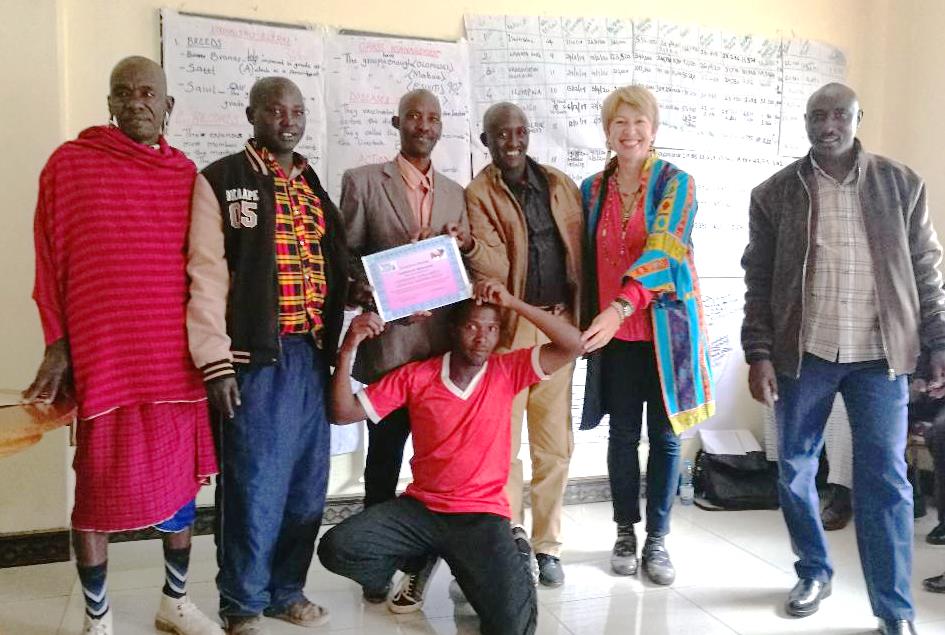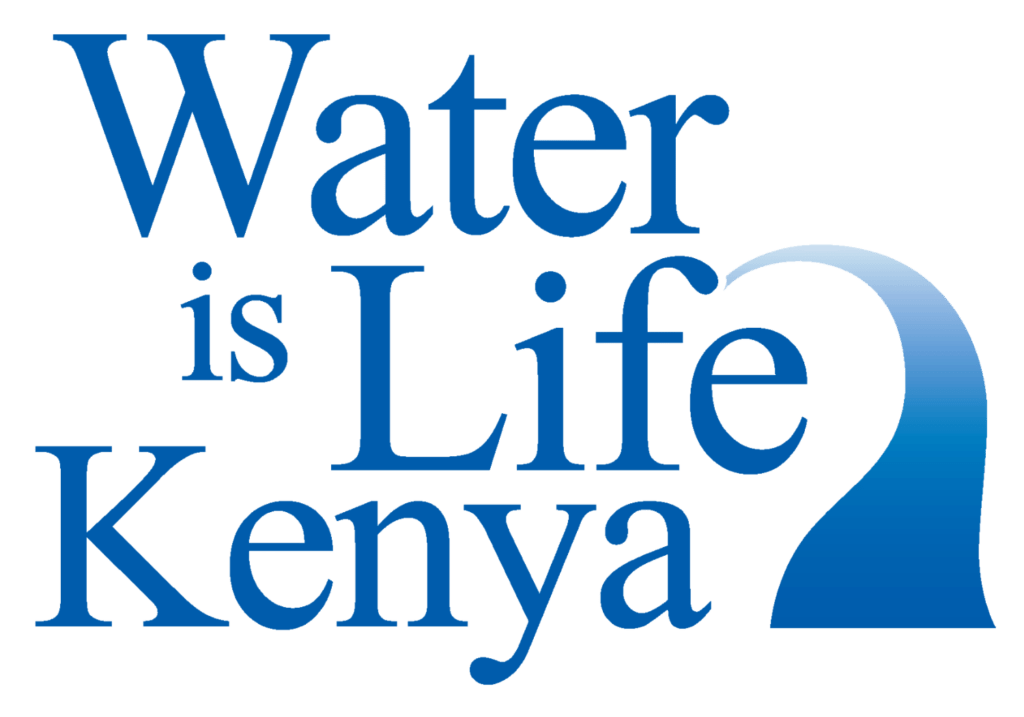Share
Water is Life AND Cows are Life
Through Livestock as a Business, WILK is empowering local communities from the ground up
LAB Program Statistics
The Live Stock as a Business Program
Water is Life Kenya’s (WILK) Livestock as Business (LAB) program has been building on indigenous knowledge since 2011, with enormous success. Successful livestock keeping increases family incomes, allowing them to pay for important things, like education and clean water. More reliable incomes make WILK’S water projects and everything else we do to support these communities more sustainable.
Each year WILK trains and gives microloans to organized trading cooperatives. This combination of training and loans provides an opportunity for the immediate application of new skills. Improved incomes which come through better livestock management and drought resiliency provide positive reinforcement for long-term use of helpful practices like timely livestock disease prevention and control (e.g. vaccinations, deworming, control of ticks), performing simple livestock market surveys, timely buying and selling, budgeting and record keeping, grass conservation and management, among others.
Groups save or reinvest the money they make so that eventually they will no longer require loans from WILK. WILK takes the loans repaid by the groups and reinvests in new groups who are clamoring to join this wildly successful project.
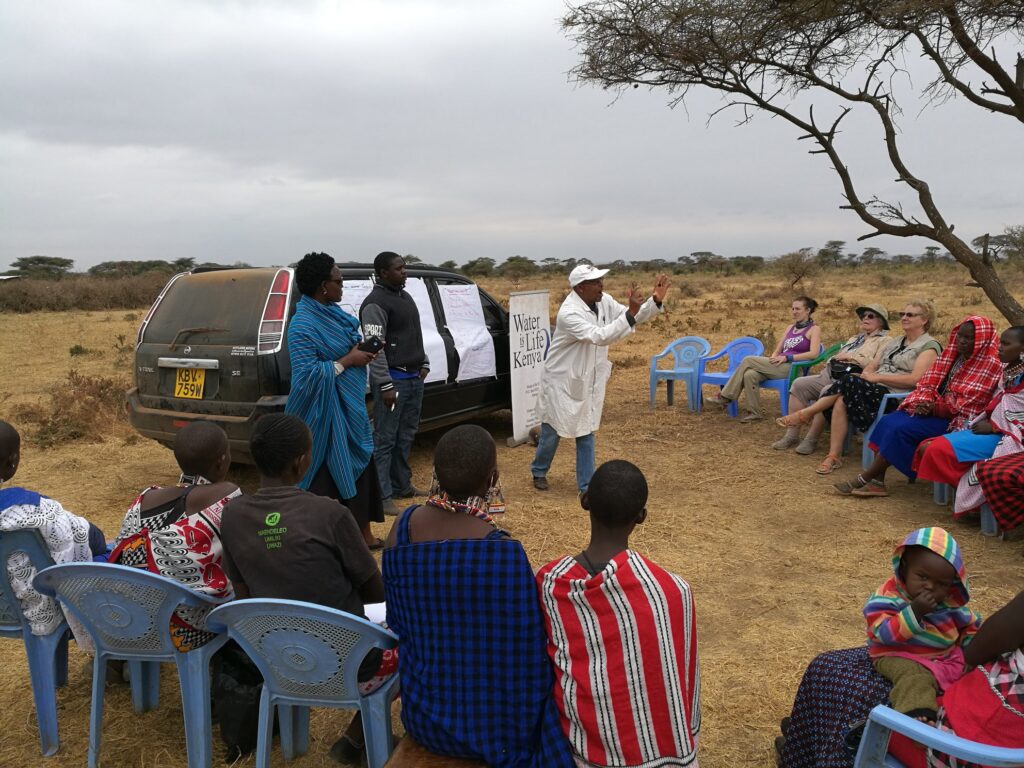
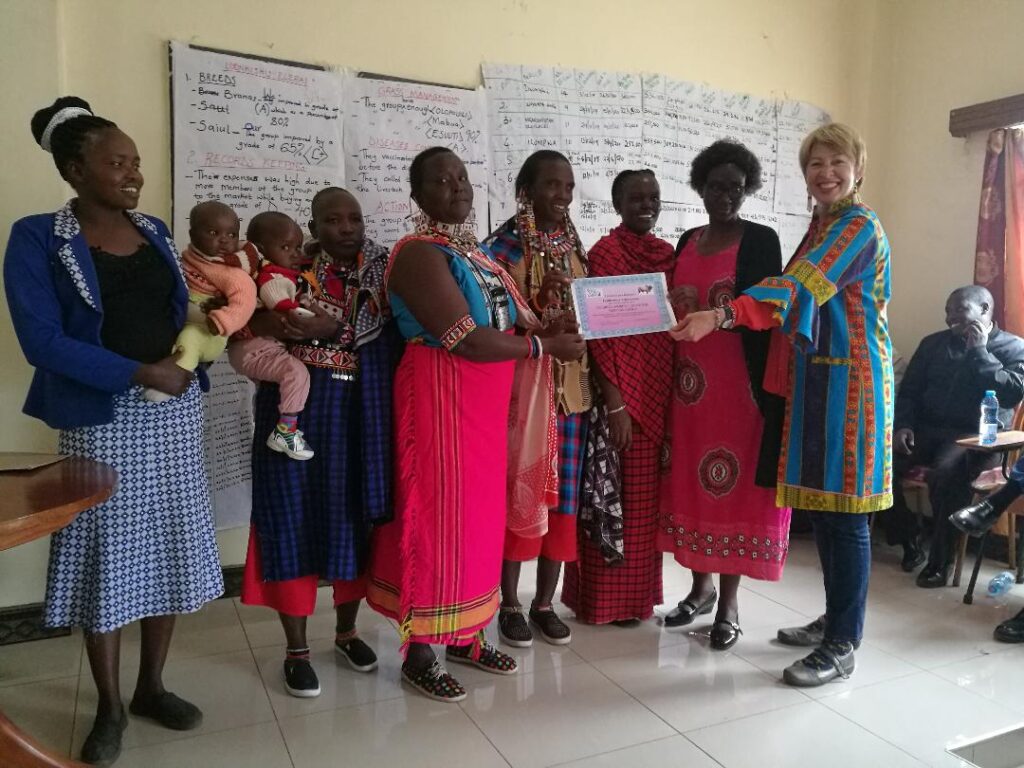
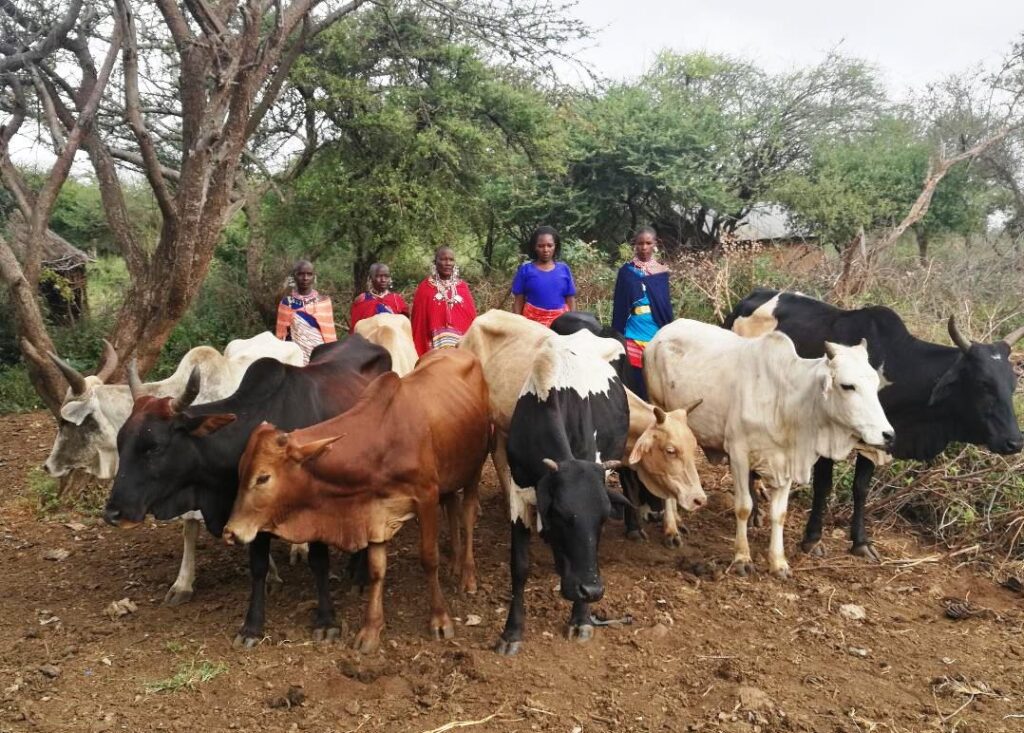
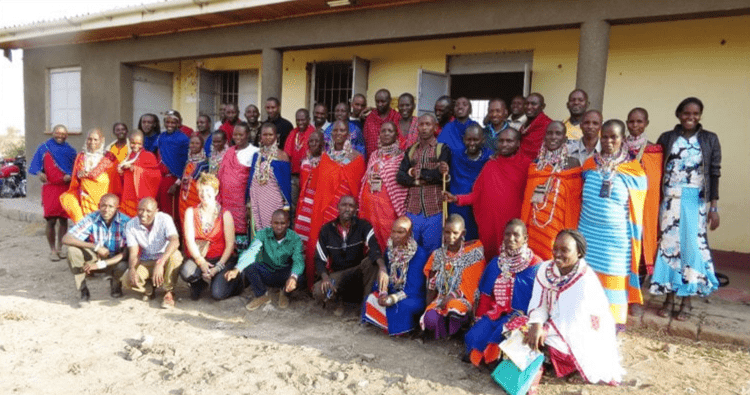
The Results
83
Number of $2,000 microloans distributed
99.5%
Percent of microloans repaid
35%
Average net profit increase per group
600
LAB graduates
The Ripple Effect
Once an individual graduates from LAB, they go back to their communities. Through their example, their extended families and neighbors learn valuable skills, demonstrating the power of WILK’s ripple effect. Livestock are life for Maasai, and through sharing what they learned, graduates are spreading prosperity.
The Impact
From these seeds of knowledge and capital, great things are growing. Livestock are healthier, have plenty of water and are well-fed. Through improved management, members see increased value of their livestock, the main family asset, which provides consistent income for food, water supply, shelter and clothing, schooling for children, health and seed money for other small businesses. In addition, farmers are implementing drought management strategies like pasture conservation, preventing their animals from starving during drought.
